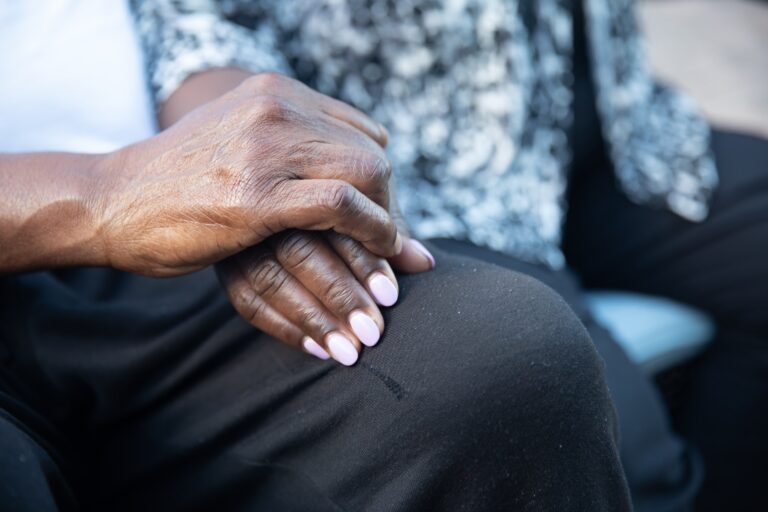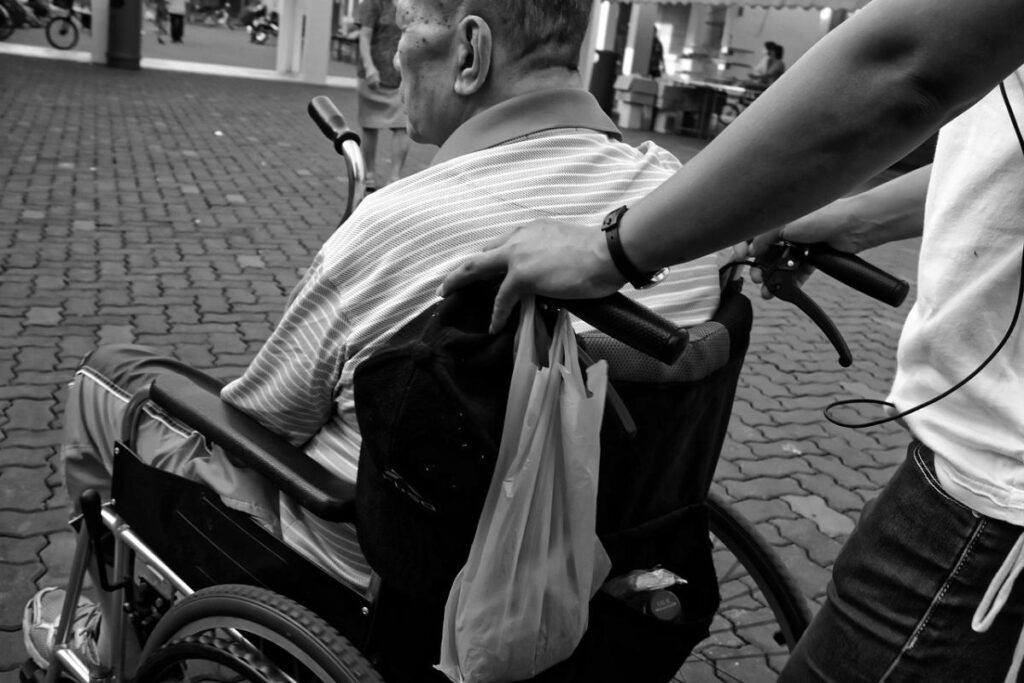Caregiving is a demanding and often overwhelming responsibility that can lead to burnout if not managed properly. Respite care offers essential relief, providing temporary support to primary caregivers. In this guide, we’ll explore the critical role of respite care and how it can prevent carers burnout, highlighting its benefits such as improved health and wellbeing, enhanced relationships, professional support, and peace of mind. By utilising respite care services, caregivers can ensure they maintain their health and continue to provide compassionate and effective care for their loved ones.
Table of Contents
What is Respite Care?
Respite care provides temporary relief for primary caregivers, offering short-term care services for your loved one. This can be arranged for a few hours, a day, a weekend, or even longer periods, depending on your needs. Respite care can be provided in various settings, including in-home care, adult day centres, or residential care facilities.
Long-term impact of caregiver burnout can be severe, affecting your health, wellbeing, and ability to provide effective care. Utilising respite care services can prevent these long-term consequences by offering regular breaks and reducing the risk of burnout.
Benefits of Respite Care

1. Improved Health and Wellbeing
Regular breaks are essential for maintaining a caregiver’s health and wellbeing, effectively preventing carers burnout. Continuous caregiving without adequate rest can lead to chronic health issues, such as hypertension, weakened immune system, and even heart disease. Taking regular breaks through respite care allows caregivers to focus on their health.
For example, you can schedule medical appointments that you’ve been putting off or engage in regular physical activities like walking, yoga, or swimming. These activities not only improve physical health but also boost mental wellbeing by releasing endorphins and reducing stress. Additionally, having time off gives you the opportunity to enjoy hobbies and social activities, which can significantly enhance your mood and reduce feelings of isolation.
Respite care offers a structured and reliable way to ensure you get these much-needed breaks, ultimately helping you return to your caregiving duties refreshed and with a renewed sense of energy. This proactive approach to self-care is vital for sustaining your ability to provide compassionate and effective care, thereby preventing carers burnout and promoting a healthier lifestyle.
2. Enhanced Relationships
Taking time away through respite care can significantly restore and enhance your relationship with your loved one by reducing stress and resentment, which are common symptoms of caregivers burnout. When caregivers are overwhelmed, they may unintentionally project their frustrations onto the person they are caring for, leading to tension and strained relationships.
For instance, a caregiver who takes regular breaks can return to their duties with a more positive attitude and greater patience. This time away allows you to decompress and engage in activities that bring you joy, whether it’s a hobby, spending time with friends, or simply relaxing. By reducing your stress levels, you’re less likely to feel resentful or frustrated towards your loved one, fostering a more compassionate and understanding relationship.
Additionally, respite care provides an opportunity for your loved one to interact with other caregivers, which can also be beneficial. These interactions can introduce new social dynamics and activities, enriching their experience and contributing to their well-being.
Ultimately, respite care helps maintain healthy boundaries and emotional balance, which is crucial for preventing caregivers burnout and ensuring that the time you spend with your loved one is positive and fulfilling for both of you.
3. Professional Support
Respite caregivers are trained professionals who can provide high-quality care, playing a crucial role in preventing carers burnout. These professionals possess specialised skills and knowledge to handle various caregiving tasks, from administering medications to managing complex medical conditions. Their expertise ensures that your loved one receives the best possible care during your absence.
For example, respite caregivers can create personalised care plans tailored to your loved one’s specific needs, such as dietary requirements, mobility assistance, and cognitive stimulation activities. This level of professional support ensures continuity of care and maintains your loved one’s routine, which is essential for their well-being.
Moreover, having a professional caregiver allows you to take a break with the confidence that your loved one is in capable hands. This peace of mind is invaluable in reducing stress and anxiety, key factors in carers burnout. Additionally, professional respite caregivers can offer fresh perspectives and new techniques that might improve the overall care routine, enhancing the quality of life for your loved one.
By leveraging the expertise of respite caregivers, you can focus on self-care, knowing that your loved one is safe and well-cared for. This professional support not only prevents burnout but also enriches the caregiving experience for both you and your loved one, promoting a healthier and more sustainable caregiving relationship.
4. Peace of Mind
Knowing your loved one is in capable hands allows you to relax and recharge fully, which is essential for preventing caregivers burnout. The assurance that a professional respite caregiver is attending to your loved one’s needs can alleviate much of the stress and anxiety that caregivers often experience. This peace of mind is critical in allowing you to step away without constant worry.
For example, imagine planning a weekend getaway or simply enjoying an uninterrupted afternoon to read a book or visit friends. These breaks are crucial for your mental and emotional health, giving you the opportunity to disconnect from caregiving responsibilities and focus on yourself. Engaging in activities you enjoy can rejuvenate your spirit and improve your overall well-being, making you a more effective and compassionate caregiver upon your return.
Furthermore, respite caregivers are trained to handle emergencies and unexpected situations, providing an extra layer of security. Knowing that your loved one is in the hands of someone who can respond appropriately to any situation allows you to truly relax.
By utilising respite care, you’re not only prioritising your own health but also ensuring that your loved one continues to receive excellent care. This balance helps to prevent caregivers burnout and supports a sustainable caregiving environment, benefiting both you and your loved one in the long run.
Are You In Need Of Respite Care Services?
Caring for a loved one is both rewarding and challenging, often leading to carers burnout if not managed properly. Respite care offers vital temporary relief, allowing caregivers to take essential breaks and focus on their health and well-being. This guide highlights the critical role of respite care in preventing carers burnout by providing professional support, improving relationships, and offering peace of mind. Recognising the signs of burnout—such as chronic fatigue, stress, and resentment—is crucial. By utilising respite care services, caregivers can maintain their health and continue providing compassionate care for their loved ones. Whether you need a few hours, a day, or longer periods, respite care can be tailored to fit your needs, ensuring your loved one receives high-quality care while you recharge. Prioritising self-care through respite services fosters a sustainable caregiving environment, benefiting both you and your loved one in the long run. If you’re experiencing symptoms of burnout, consider exploring respite care options to support your caregiving journey.
Find a Respite Care Home Near You
Splendid Healthcare is a leading UK care home provider on the South Coast, dedicated to enhancing the quality of life for the elderly and those in need of specialised care. Contact one of our friendly team today to find out more about our care home.




